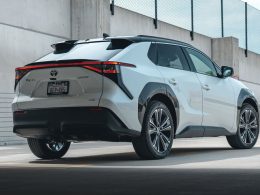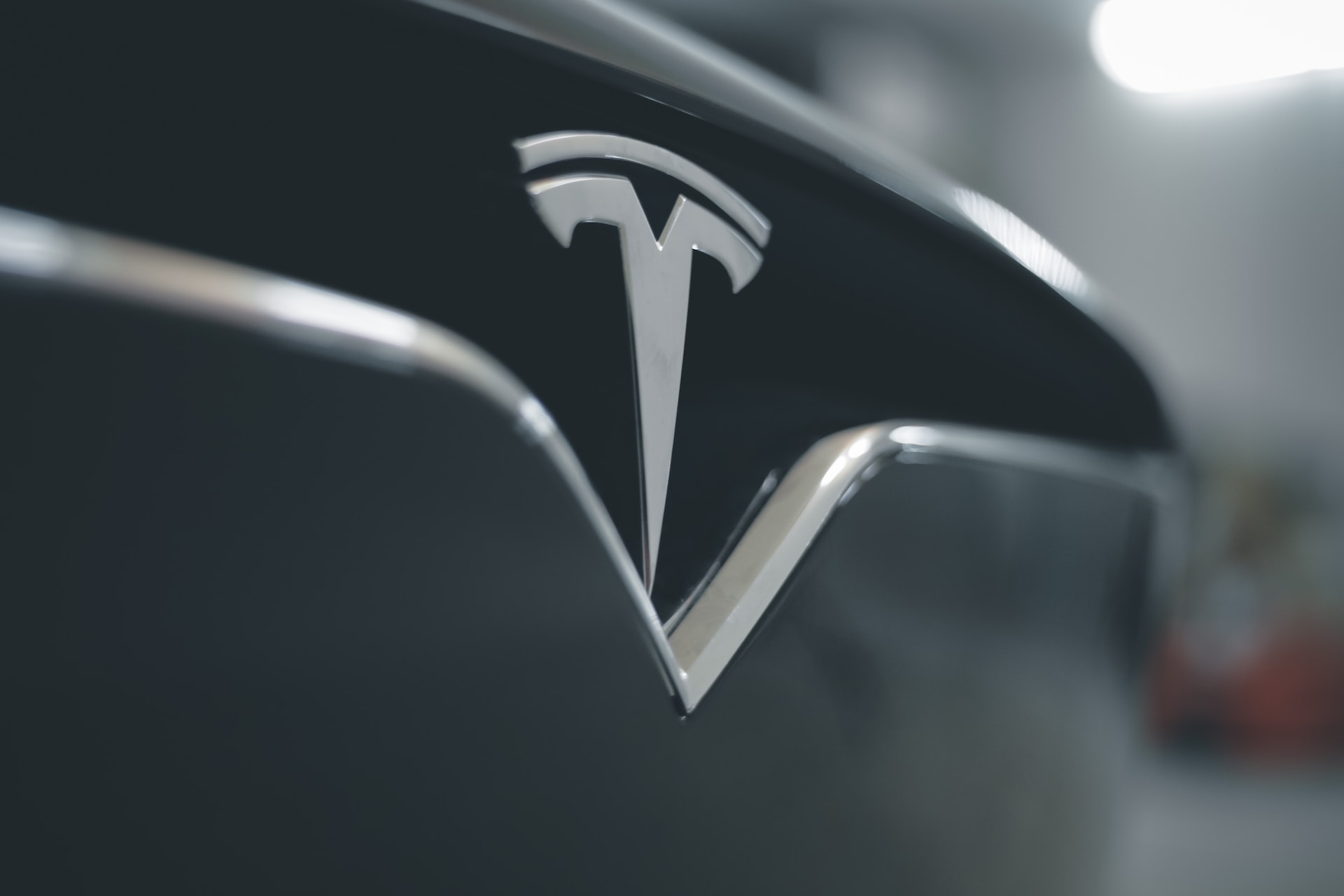Introduction: Electric Cars
In a world gradually shifting towards sustainability and green technologies, electric cars have gained considerable traction. However, there’s an interesting dichotomy within this transition – while many have eagerly embraced electric vehicles (EVs), some affluent individuals remain resistant to the idea. In this article, we delve into the reasons behind this phenomenon and how electric cars are perceived by the wealthy.
Who is John Smith?
Before we explore the intricacies of why the wealthy prefer gasoline over electric cars, let me briefly introduce myself. I’m John Smith, a Problem Solver with a knack for addressing complex issues. I have spent years examining and understanding the dynamics of various industries, and the intersection of wealth and automobile preferences is a topic that has piqued my interest. Join me as I unravel the layers of this unique scenario.

The Wealthy’s Relationship with Gasoline Cars
Tradition and Status
For the affluent, gasoline cars have long been synonymous with tradition and status. The roar of a powerful engine and the sleek designs of high-end vehicles have been associated with prestige. Wealthy individuals often value the heritage and history of well-established car manufacturers.
Concerns About Range
One of the primary concerns among the wealthy is the perceived limited range of electric cars. Many still believe that gasoline cars offer more freedom for extended road trips without the hassle of frequent recharging. This concern about range anxiety is a significant factor in their preference for gasoline-powered vehicles.
Electric Cars: A Luxury, But Are They Practical?
Luxury Electric Car Models
Electric car manufacturers have recognized the demand for luxury and have introduced high-end models. Companies like Tesla have successfully catered to the wealthy demographic by offering electric cars that compete with traditional luxury brands. These cars provide both environmental consciousness and opulence.
Charging Infrastructure
The availability of charging infrastructure remains a point of contention. Wealthy individuals might have multiple residences and complex daily schedules, making it challenging to ensure convenient charging. More charging stations and faster charging times are needed to address these concerns effectively.
The Environmental Factor
A Disconnect
Despite the environmental benefits of electric cars, some wealthy individuals appear to be disconnected from the urgency of climate change. Their daily lives are relatively unaffected by environmental issues, leading to a lack of motivation to make the switch.
Carbon Footprint Perception
Many wealthy individuals may believe that their carbon footprint is already offset by other eco-friendly practices or contributions to environmental causes. This perception can hinder their enthusiasm for electric cars.
Cost Considerations
Upfront Costs
While electric cars may be cheaper to run in the long term, the upfront cost can be a deterrent for the wealthy. High-quality electric cars still command a significant purchase price, which might not align with the budget of those who prefer gasoline vehicles.
Resale Value
Some affluent individuals are concerned about the resale value of electric cars. The rapidly evolving technology and concerns about battery degradation can impact the perceived value of electric vehicles over time.
Bridging the Gap
Education and Awareness
Promoting awareness and educating the wealthy about the evolving electric car landscape is crucial. Highlighting the advancements in electric vehicle technology, charging infrastructure expansion, and the long-term cost savings can bridge the gap.
Personalized Solutions
Offering personalized solutions that address the unique lifestyle and scheduling challenges of wealthy individuals can encourage their adoption of electric cars. Tailored charging options and incentives can play a pivotal role.
Conclusion
As we’ve explored, the wealthy’s preference for gasoline cars over electric cars is influenced by tradition, range concerns, perceived luxury, and environmental disconnect. However, with ongoing advancements in the electric vehicle industry, and as more options become available, we can anticipate a shift in preferences. Educating and offering personalized solutions to the affluent demographic will be essential in accelerating this transition to a more sustainable future.
Key Points Summary
Now, let’s summarize the key points discussed in this article in a visually engaging table.
| Concerns of the Wealthy Regarding Electric Cars | Considerations for a Transition to Electric Cars |
|---|---|
| Tradition and status tied to gasoline cars | Luxury electric car models |
| Concerns about limited range | Expanding charging infrastructure |
| Disconnect from environmental issues | Raising awareness and educating the wealthy |
| Upfront costs and resale value concerns | Personalized solutions for affluent lifestyles |
Comparative Table
To provide a clear and concise overview, here’s a comparative table highlighting key features of gasoline cars and electric cars:
| Feature | Gasoline Cars | Electric Cars |
|---|---|---|
| Fuel Source | Gasoline | Electricity |
| Range | Typically higher | Evolving, but improving |
| Environmental Impact | Emissions contribute to pollution | Zero emissions |
| Upfront Cost | Varies, often higher for luxury | Varies, but high-quality models |
| Charging Infrastructure | Well-established | Expanding, improving |
| Status and Tradition | Symbol of prestige | Emerging as luxury options |
In conclusion, electric cars have made significant strides in becoming a viable option for the affluent, but challenges like range concerns and tradition must be addressed. As electric vehicle technology continues to advance and awareness grows, the wealthy may gradually transition to a more sustainable future.










